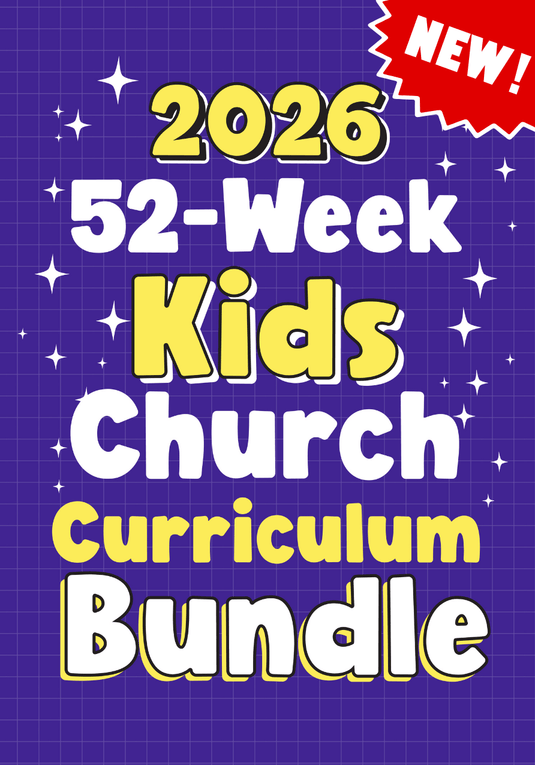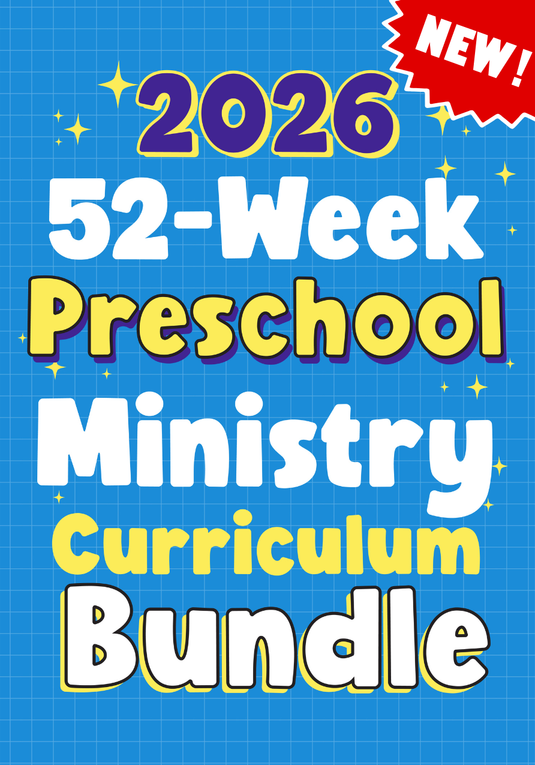Memorizing scripture is incredibly valuable because it helps us through difficulties, teaches us the truth, and reminds us of God’s promises. Creating a scripture memory plan is a beneficial investment for a child’s future. However, just because we understand its value doesn’t mean that kids will. How will they be motivated to memorize scripture unless they see the reason why? Today, we have created a plan to encourage kids to memorize God’s word and have fun doing it!
Step 1: Begin by Creating Categories
These categories will give children a reason to learn scripture. They can be written in the form of a question or a problem. For instance, one category title could be “What should I do when I feel afraid?” or “When I am worried.” This relatable title helps children see the need for an answer. Why look for an answer when you don’t have a problem? Another example could be, “What is my purpose?” or “God’s purpose for my life.” There are endless categories we could come up with; questions we all ask and problems we all face.
Examples of Categories:
- “Why I can Trust God.” or “Is God Trustworthy?”
- “What should I do when I feel angry?” or “When I’m mad”
- “What will happen in the future?” or “God’s Promise for my future”
- “How can I make friends?” or “Friendship”
- “Why do I need to obey?” or “Following Jesus”
- “Why we worship God and not other people/things.” or “What I worship matters”
- “How to have a close relationship with God.” or “Jesus is my friend”
Step 2: Search for Verses
After creating category titles, search for verses that give you the answers to these questions. For instance, the “What should I do when I feel afraid?” category can have verses like Deuteronomy 31:6, “Be strong and courageous. Do not fear or be in dread of them, for it is the LORD your God who goes with you. He will not leave you or forsake you.” You will want to find about 5 verses or more for each category. As you find verses that answer the questions and problems kids face, it will help them see why we memorize scripture. Verse memorization can feel challenging, boring, and unimportant to children. Kids will want to participate when you make it more relatable, so they can see the benefit of learning God’s word.
Step 3: Introduce the Memory Plan
A great way to introduce the new verse memory plan is to discuss the sin problem. Remind kids that they live in a fallen world and that because there is sin, we face challenges. Life is imperfect, and we need God’s help to get us through the difficult times. We were not made to face these things alone. We can go to God’s word to learn how to handle our problems. He provides wisdom, strength, and help in times of trouble. Challenge kids to think about a problem they are facing or a fear they have. Then ask them to check out the categories you’ve created and pick one they are most interested in learning about.
Step 4: Get Creative with Presentation
Physical Bulletin Board
After creating a list of category titles and verses to memorize, it’s time to get creative! Either electronically or physically, create a bulletin board with these titles written on brightly, colorfully designed folders. Inside the folders, provide index cards with the verses printed on them. Be sure to add images, such as a picture of a soldier for Deuteronomy 31:6, to give the verses a visual. Make several copies of each verse card for a physical bulletin board so that multiple kids can pick the same one. Be sure to laminate them and punch a hole in the corner of each card. After kids pick a verse, provide a keychain ring to keep their card on. We also recommend giving each kid a lanyard to clip their ring to because this will help them keep track of their verses and bring them to and from church.
Digital Bulletin Board
Send kids home with an information sheet for a digital bulletin board for their parents. Provide a link through your church's website where parents can log in and help their child pick a category, print out a verse for the month, and include instructions on working on their memory verse. Whether using a physical bulletin board in the classroom or a digital one online, this memory plan is designed with a similar structure. It provides kids with choices, allows them to discover God’s truth about their questions, and allows them to commit it to memory to recall what they have learned.
Step 5: Weekly Challenges
Week 1: Reading the Verse
After all the kids have their memory cards, challenge them to read their new verse once a day for a week. Give children a list of fun ways they can read it. Examples could be, “Read it inside of a box, read it out in your yard, read it out loud to the family, read it in the dark with a flashlight,” etc. Ask them to look it up in their Bible at least once.
Week 2: Writing the Verse
The following Sunday, challenge them to write the verse once a day for the week. You can make it more exciting by asking them to use a different color of ink each day to make a rainbow by the end of the week. Another idea is to ask them to write it once in cursive, once in print, once in bubble letters, once with tiny writing, etc. Instruct them to think about what the verse means and how it could help them.
Week 3: Reciting the Verse
On the third Sunday, challenge kids to practice reciting the verse by memory once a day for a week. Ideas to help them memorize could include reciting it for their pet, reciting it for their parent, reciting it to a friend at school, reciting it in a fort they built, reciting it while they run, skip, hop, etc. Encourage kids to reflect on how the verse has helped them.
Week 4: Recitation and Reward
Finally, on the fourth Sunday, give kids an opportunity to recite their verse in class to receive a prize. After kids have worked on that verse for a month and committed it to memory, it’s time to add another card to their ring. If children want to work in the same category, they can pick another verse from the same folder. However, they also have the opportunity to explore a new topic. After a year, kids will have a complete set of 12 verses on their ring. If they miss a Sunday, there is an opportunity all month to add a new verse and work on learning it.
Personalization of the Scripture Plan
This scripture plan is a personalized way to do memorization. The main idea is to allow kids to pick what category speaks to them and what they are interested in learning about. One child might be struggling with empathy, while another struggles with obedience. This gives kids a choice of what they would like to study depending on what they are going through in their lives right now. It’s important to help kids see why they need scripture and to give them a sense of how God’s word applies to their personal situations. While scripture memory is also beneficial as part of children’s curriculum, in this case, it helps kids to go beyond what your children’s ministry is teaching and begin to study the Bible on their own.
Conclusion
We encourage you to continue to teach memory verses through lesson plans and to provide activities for memorizing on Sunday mornings. At the same time, this Kids Scripture Memory Plan will help children see that their relationship with God isn’t just on Sundays and begin to reflect on their questions, problems, and personal situations while learning to find verses that will help them. When we teach kids that church goes beyond Sunday mornings and it’s a personal relationship with God, they may begin to see the value in reading their Bible, praying, and listening for God’s direction in their lives!




